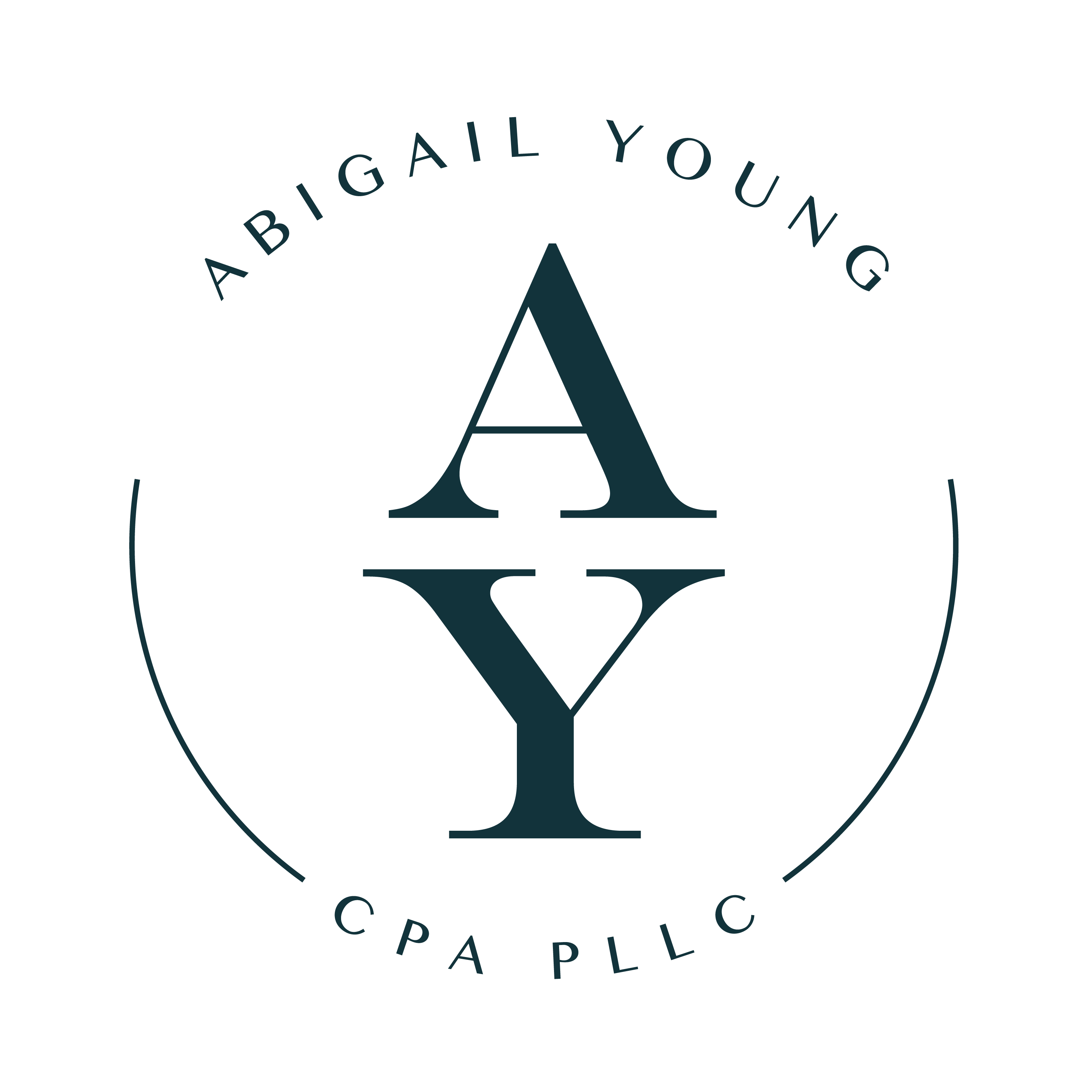What You Need to Know About the New Lease Accounting Standard
New lease standards in accounting that are being implemented by the Financial Accounting Standards Board (FASB) are requiring companies to create quite a few adjustments to how they disclose lease obligations and rights. Although FASB chose to put off enforcement of the new ASC 842 standard for certain entities, it isn’t a reason to stall any preparation.
While the new FASB lease accounting standard may appear to be pretty simple, in truth, it may be difficult to complete, calling for considerable changes to be made for the balance sheet.
This is where Abigail Y. Murray, CPA, LLC., comes in. Abigail understands how applying these new changes and processing procedures work can be overwhelming and confusing; however, she is more than willing to provide clarity and give you a better understanding of what changes may need to be made in order to ensure your business adjusts and complies with the new leasing standard.
What are the FASB’s New Changes?
The new standard could have a tremendous effect on your company’s balance sheet as previously reported commitments in financial statements will instead show up as a lease liability on the balance sheet, following with an asset that is right to utilize.
This balance sheet recognition obligation goes for both finance and operating leases, but be aware that it does not necessarily extend to leases less than a year. The new lease accounting standard also demands quantitative and qualitative acknowledgments regarding the extent, timing, and ambiguity of cash flows proceeding from leases.
The FASB states that the new lease accounting standard is meant to raise financial transparency by giving a better idea of a company’s financial position to investors, creditors, and others who employ financial statements to make executive decisions.
When Do the Changes Occur?
It was for particular entities that the new lease accounting standard went into effect for all interim financial coverage periods that started after December 15th, 2018. That goes for public companies, non-profit organizations that send out or have accountabilities relating to traded securities, and employee benefit plans that fix up statements to the U.S. Securities and Exchange Commission.
The standard is arranged to go into effect for various private entities, smaller firms, and non-profits for yearly periods starting after December 15, 2020, along with interim periods commencing after December 15, 2021.
What Should We Watch Out For?
Although the updated accounting standard may seem simplistic, it can be tough to implement. The most precarious part about it is typically accounting for your organization’s whole population of leases. That can be a lot to handle, based on the number of lease agreements. Companies must also be conscious of any leases that could be integrated in other agreements.
With all having been said, it is not recommended to procrastinate but to get started as soon as possible. Now’s the time to begin accumulating all your leases, deciphering which ones are necessary to document, and doing the proper calculations.
Taking care of it before the deadline will grant you more time to better understand the repercussion toward your financial statements depending on any lease-related changes made to your balance sheet. On top of that, companies dealing with profits or mergers should compute a summary of lease requirements and their impact on the balance sheet to their financial analysis.
Speaking with advisors and accountants should be a priority in order to grasp the details of the modifications. Be proactive to prevent having qualifications come out on opinion reports if they fail to meet GAAP–that is, the Generally Accepted Accounting Principles–requirements.
An Expert Approach to FASB Changes and Your Balance Sheet
If you have any specific questions or concerns about new leasing account standards and its effect on your balance sheet and financial statement, our McAllen CPA at Abigail Y. Murray, CPA, LLC., has the experience to assist you in getting things in order with due diligence.


